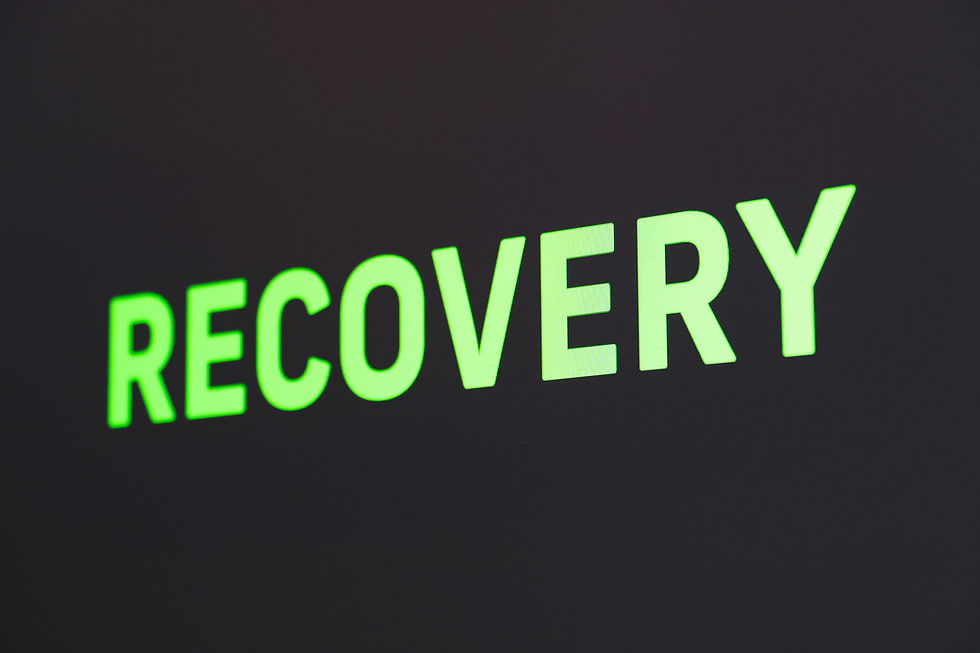The role of prayer in Mental Health recovery
- Dr Babor Aganren
- Nov 10, 2023
- 3 min read
Dr Babor Aganren, MD, MRCPsych. Consultant Psychiatrist. https://jesampsychiatry.com/

In modern psychiatry, we often look towards evidence-based treatments, medications, and therapeutic techniques to aid in the recovery process of individuals grappling with mental health challenges. However, as a Consultant Psychiatrist, I have come to appreciate that for many, particularly those rooted in Christian faith, prayer plays a crucial role in their journey towards mental well-being.
The Scientific Perspective on Prayer and Mental Health

Scientifically speaking, prayer can be seen as a form of meditation, a conscious effort to focus the mind and find solace. Numerous studies have pointed towards the benefits of meditation on mental health, including reducing symptoms of anxiety, depression, and post-traumatic stress disorder (PTSD). When individuals pray, they engage in a deep, introspective process that can help them find inner peace, much like meditation.
Furthermore, the act of prayer often prompts the release of brain chemicals, including dopamine and serotonin – which has been suggested to play crucial roles in mood regulation. The repetitive, rhythmic utterances during prayer can also induce a state of relaxation, shifting the nervous system from a state of "fight or flight" to "rest and digest".

The Christian Perspective on Prayer and Healing
For Christians, prayer is not just a meditative exercise; it is a heartfelt conversation with God. It provides an avenue to seek guidance, find comfort in times of despair, and strengthen their relationship with the Divine. The Bible itself speaks to the power of prayer.
Philippians 4:6-7 says,
"Do not be anxious about anything, but in every situation, by prayer and petition, with thanksgiving, present your requests to God. And the peace of God, which transcends all understanding, will guard your hearts and your minds in Christ Jesus."
This "peace of God" is more than just a spiritual comfort. For many, it manifests as genuine emotional and psychological relief. In the face of adversity, including mental health challenges, turning to prayer can provide solace, perspective, and a renewed sense of hope.
Prayer as a Complement, Not a Replacement

As a Psychiatrist, I believe it is important to stress that while prayer offers numerous benefits, it should complement, not replace, conventional mental health treatments. Just as one would not forsake medical treatment for physical health issues solely in favor of prayer, the same approach should apply to mental health. God has provided us with both spiritual resources and the advancements in medical science to support in our healing.
For many Christians undergoing therapy or medication, adding in prayer to their recovery routine has proven beneficial. It offers an added layer of support, reinforcing the therapeutic techniques and coping strategies they learn during their sessions.
Building a Supportive Faith Community
The Church can play an important role in supporting those with mental health challenges. By fostering an environment where individuals feel safe to share their struggles and lean on their faith, churches can be sanctuaries of healing.
Moreover, communal prayers, such as those during church services, can amplify the benefits of individual prayer. There's a collective energy and a shared sense of purpose when people come together in faith and hope. This communal support can be immensely therapeutic, reminding individuals that they are not alone in their journey.
Conclusion
As a Psychiatrist, I advocate for a holistic approach to mental health – one that acknowledges the profound impact of faith-based practices like prayer on an individual's well-being.
For Christians, prayer isn't merely a ritual; it is a lifeline, a direct channel to God's grace. In the journey towards mental health recovery, prayer serves to provide strength, resilience, and hope. As healthcare professionals, acknowledging and respecting this spiritual dimension can make all the difference in our patients' recovery journeys.
Do well to check out my blog for more mental health articles and resources https://jesampsychiatry.com/





Comments